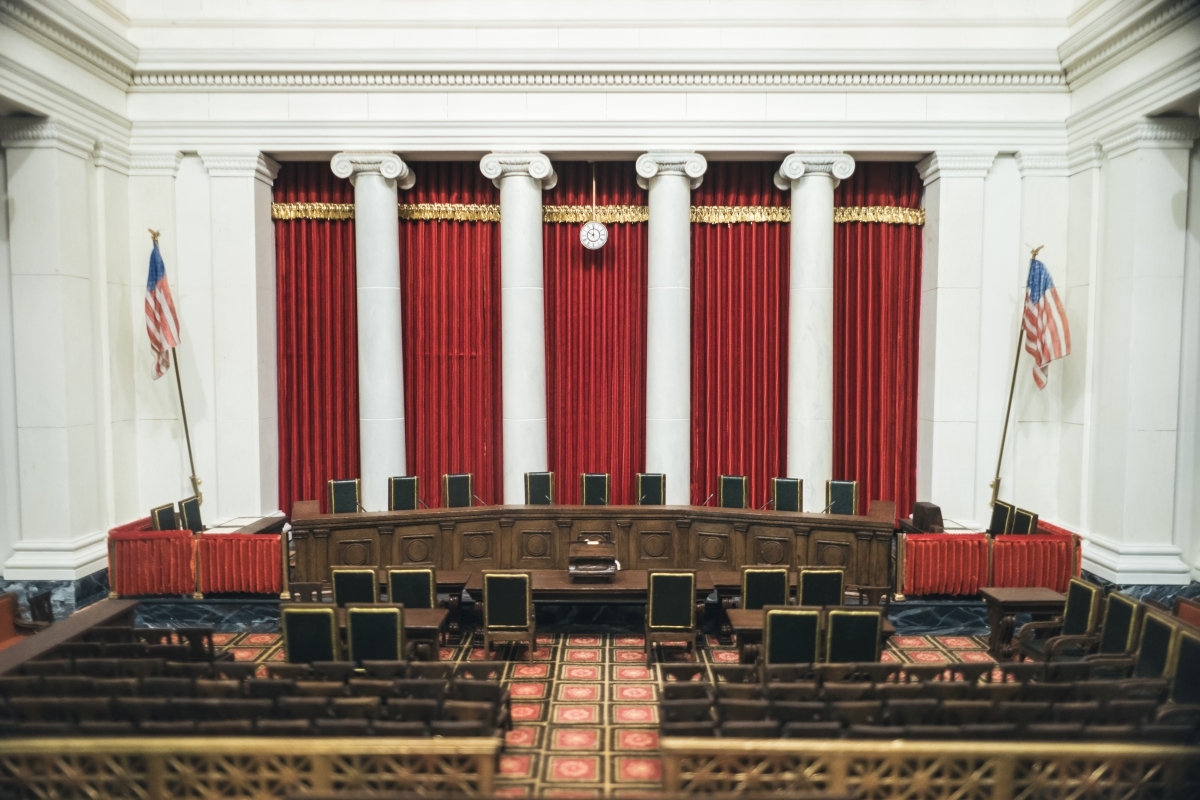Blog

As a positive for many lenders, SCOTUS recently issued an opinion explaining that the FDCPA applies to third-party collection agents working for a debt owner – not a lender who originally lent the money or some other entity who later purchases the debt. And, by doing so, SCOTUS provided some degree of certainty as to the non-applicability of the FDCPA to original lenders and creditors. Unfortunately, what SCOTUS recently provided, the CFPB seems determined to take away.
In his prepared remarks at the Consumer Advisory Board Meeting, CFPB’s Director provided an update on the CFPB’s “efforts to write new common-sense rules of the road for the debt collection market.” Based on proposals shard by the CFPB last summer, it was understood that the CFPB intended to present separate proposed rules – one that would apply to third-party debt collectors and debt buyers and one that would apply to original creditors. That is no longer the case, as the Director explained that the CFPB has now decided to “consolidate all issues” – intertwining original creditors with third-party debt collectors on the issues of “right consumer, right amount.”
As a result of the CFPB’s change in course, it is now preparing proposed new debt collection regulations to apply to third-party debt collectors, debt buyer, and first-party creditors. Because of this new plan to subject first-party creditors to the same regulations for third-party debt collectors, it seems appropriate for original creditors to stay aware of these anticipated regulations, as they will likely impact the nature and extent of first-party lender’s ability to communicate with consumers.
To read a full copy of the CFPB Director’s prepared remarks, please click here.
For more information about Maynard's Financial Services Litigation Practice Group or to reach out to any of our attorneys, please click here.
- Attorneys
Stephen is a Shareholder and member of the Complex and Commercial Litigation practice group. His expertise lies in handling of complex issues and disputes at all levels and stages, including analyzing potential risks, resolving ...

